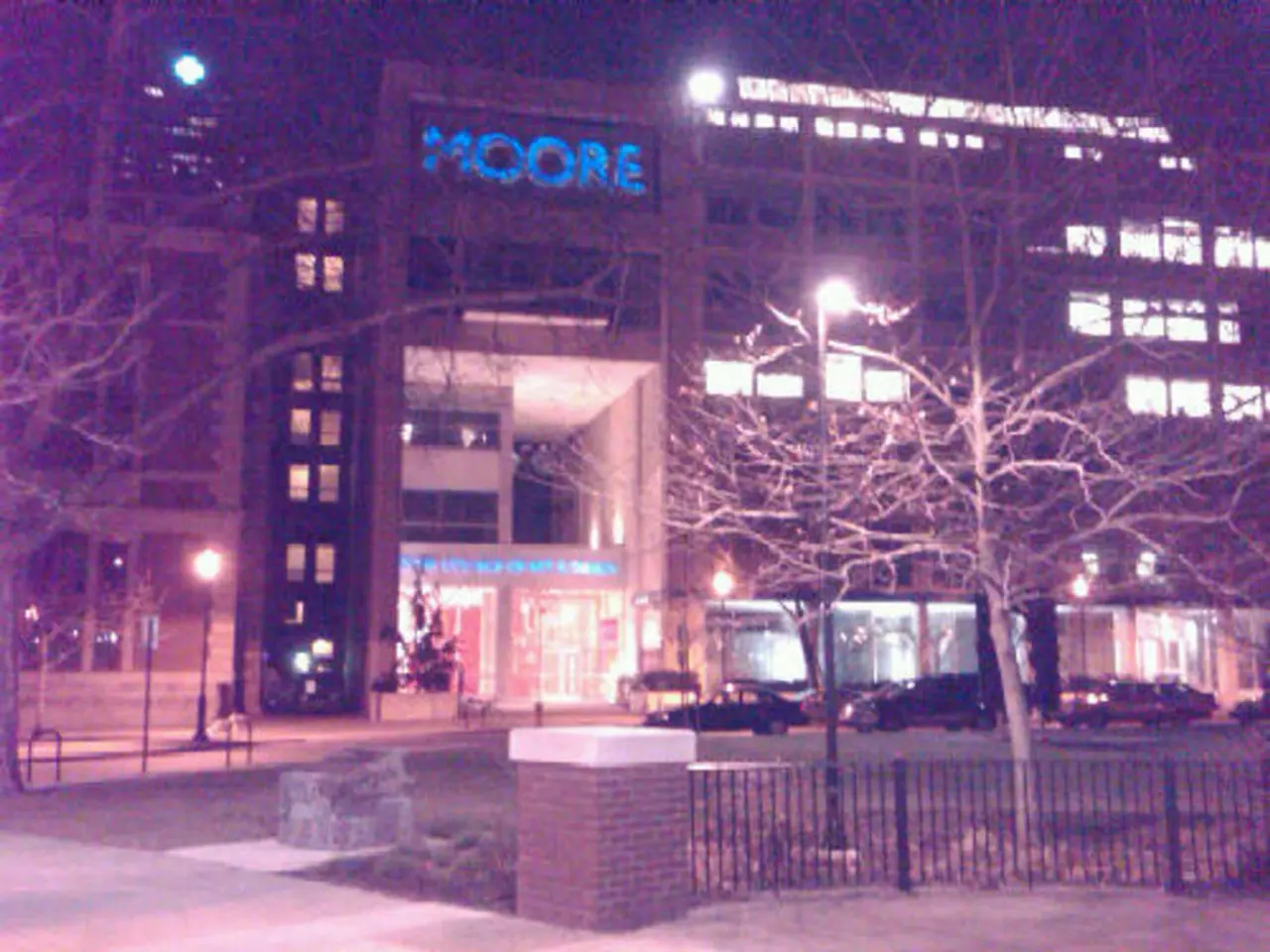"Teenagers in Bondy Hospital seek refuge and healing for their wounds"
Jean-Verdier Hospital in Bondy, France, provides a comprehensive psychological follow-up process for adolescents who have been treated in the emergency room. This process is designed to address both immediate and long-term mental health needs, following a series of coordinated steps.
Upon arrival at the emergency room, adolescents undergoing psychological distress, self-harm, or trauma receive a preliminary psychological evaluation. This assessment may be conducted by emergency staff trained in identifying mental health issues or by an on-call psychiatric professional.
Immediate psychological support is then provided to stabilize the adolescent. This may include crisis counseling, safety planning, and ensuring the individual is not at risk of self-harm or harm to others.
Following emergency care, patients are typically referred to specialized teams within the hospital or in the community. These teams may include adolescent psychiatry units, child and adolescent psychologists, or social workers who specialize in youth mental health.
Adolescents may also be scheduled for follow-up consultations with psychiatrists or psychologists to monitor their mental health condition, adjust treatments if necessary, and provide ongoing therapy or counseling.
Family involvement is a crucial aspect of the psychological follow-up process. Working with the adolescent’s family or caregivers provides support, education, and strategies for managing the adolescent's mental health outside the hospital setting.
A multidisciplinary team approach is employed at the hospital, involving psychiatrists, psychologists, social workers, pediatricians, and nursing staff to provide comprehensive care tailored to the adolescent's needs.
Part of the follow-up process can also include linking adolescents and their families to community resources, support groups, and educational programs to promote recovery and social reintegration.
As Jean-Verdier Hospital is part of a university hospital center (AP-HP), it likely follows current French national guidelines for emergency psychiatric care in adolescents, which emphasize rapid assessment, safety, and continuity of care through mental health services.
In times of crisis, it's essential to seek help. The national 24/7, 7 days a week helpline for suicidal thoughts is available at 3114. In some regions, the emergency number 15 can also be used. It's also recommended to talk to loved ones or a primary care physician if having suicidal thoughts.
For instance, Emma, a 14-year-old adolescent, was hospitalized in early May due to ingesting a potentially lethal dose of Doliprane. Her self-harm incident occurred following a violent argument with her mother, leading to light scars that deteriorated into a more severe condition on a Sunday in early May. As of early July, Emma and her mother are still receiving care at the Jean-Verdier Hospital in Bondy.
The helpline number 3114 is a professional, confidential, and free resource for individuals seeking help for suicidal thoughts. SAMU can also be contacted for such emergencies. It's important to remember that help is always available, and seeking assistance is a courageous step towards recovery.
Science plays a significant role in the health-and-wellness sector, as the mental health treatment at Jean-Verdier Hospital in Bondy, France, leverages scientific knowledge and approaches. The hospital's mental health services for adolescents are designed to address immediate and long-term needs, including crisis counseling, safety planning, and ongoing therapy or counseling, all of which are grounded in scientific research and best practices. Additionally, the hospital links adolescents and their families to community resources, support groups, and educational programs, which promote recovery and social reintegration, further emphasizing the interplay between science and wellness in mental health care.




